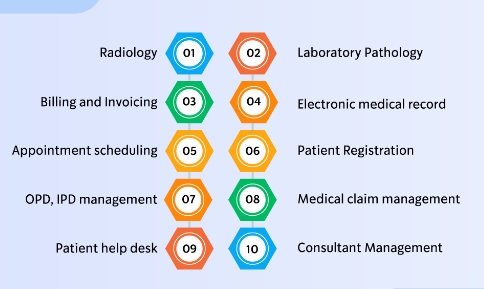Revolutionizing Healthcare: The Latest Advancements in Medical Technology
1. Robotic Surgery: Precision at its Finest
– Robotic surgery has transformed the way surgeries are performed, allowing for greater precision and faster recovery times.
– Surgeons can now perform complex procedures with greater accuracy, leading to improved outcomes for patients.
2. Telemedicine: Healthcare at Your Fingertips
– Telemedicine has made healthcare more accessible to patients, allowing them to consult with doctors remotely via video calls.
– This technology has been especially useful during the COVID-19 pandemic, enabling patients to receive care without risking exposure to the virus.
3. Artificial Intelligence: Enhancing Diagnoses and Treatment
– Artificial intelligence is being used to analyze medical images and data, helping doctors make quicker and more accurate diagnoses.
– AI is also being used to personalize treatment plans for patients, taking into account their individual characteristics and medical history.
4. Wearable Technology: Monitoring Health in Real-Time
– Wearable devices like smartwatches and fitness trackers can now monitor various health metrics in real-time, providing users with valuable insights into their well-being.
– These devices can alert users to potential health issues and help them make proactive choices to maintain their health.
5. 3D Printing: Creating Customized Medical Solutions
– 3D printing technology is being used to create customized medical implants and prosthetics, improving patient outcomes and reducing recovery times.
– This technology has also been used to produce patient-specific surgical guides, helping surgeons perform procedures with greater accuracy.
In conclusion, the latest advancements in medical technology have revolutionized healthcare by improving precision in surgeries, expanding access to care through telemedicine, enhancing diagnoses and treatment with AI, monitoring health in real-time with wearable technology, and creating customized medical solutions with 3D printing. These innovations have the potential to transform the way healthcare is delivered and improve outcomes for patients around the world.

